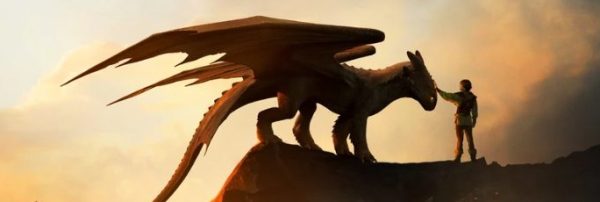Jonah Hill impresses in directorial debut with “Mid90s”
Watching the film “Mid90s” is like peacefully walking down a sidewalk when all of a sudden you’re violently shoved to the side as a pack of carefree teens skateboard past you. You stand there, uncomfortable, as they pass by and laugh at you. While you are taken aback by the event, you also feel a little bit intrigued. This film takes you through those exact feelings of impact, followed by confusion, followed by curiosity, all wrapped up in a blanket of discomfort over and over again.
“Mid90s” is Jonah Hill’s newest project, and from the many interviews and promotions he has done, it is clear that this piece is very close to his heart. For this film, Hill partnered with the Hollywood-based clothing brand and skate crew Illegal Civilization (IC). The company’s creator, Mikey Alfred, was a producer for the film, and leading roles were filled by Olan Prenatt, Na-Kel Smith and Ryder McLaughlin, major members in the IC crew. The film follows Stevie, or Sunburn as he is nicknamed, a 13-year-old who lives in Los Angeles. Stevie lives with his single mother and older brother, Ian, who Stevie’s mom had as a teenager. It is clear that Stevie looks up to Ian and the music he listens to, clothes he wears and places he goes, but Ian is not exactly the best role model for Stevie. Right off the bat, we see Ian throwing Stevie into a wall and beating on him. This isolation leads to Stevie looking for connections elsewhere. He comes across a group of older kids at a Motor Avenue skate shop, where they work. After a few days of hanging around the shop, the kids begin to take notice of Stevie and start to include him in the group. Each kid has his own unfortunate situation at home, but every day they get together and do the one thing they feel makes it all worth it: skating. The film shows the shift that many young boys and girls experience as they get older, from seeing your biological family as your family, to seeing your friends as the family you choose and ultimately prioritize.
This film explores very mature themes such as domestic violence and abuse, self-harm, substance abuse, sex, race and overall disregard for the law. But at the same time, it focuses on organically and authentically recreating the skating scene in Los Angeles during the mid 1990s. The film’s goal is a difficult one to achieve, and it is often poorly executed in Hollywood. That’s what makes this film so special. Hill, having grown up in the era, really did his best to replicate everything he found to be true about his youth. The skating community is somewhat mysterious, and in some ways can feel exclusive. The culture is not well understood or depicted appropriately in media. Hill used real skaters and the clothes and music from not only that decade, but from that culture that was so specific to Los Angeles skaters. The viewer can really understand how welcoming the community can feel to a teen who is trying to find his place. It’s evident that the film did its best to avoid clichès, which definitely set it apart from other films that try to depict the youth of a generation.
It’s understandable that a film about the carefree lifestyle of teenagers would have a carefree and almost lazy feel to it, but at times the storyline felt unsatisfying. If you are a moviegoer who wants to be entertained at all times, then this is not the film for you. This, however, is not a criticism of the film. At no point did “Mid90s” try to be something it was not. Instead of drawing the viewer in and using rising actions leading up to a climax, the film just invited you to come and witness for yourself the life of a young boy struggling and learning. The footage felt raw and personal, but it also had no motive. The direction of the film symbolized the lack of motivation from each character. It’s a perfect movie for anyone interested in understanding what it’s like for teens who live in poverty and have little concern for or influence on their future.
The ending to “Mid90s” I’m not going to spoil, but I will say it ends abruptly. As I said earlier, the film is not particularly about a single story, instead, it’s just a look into a culture, and a well-executed look at that.





